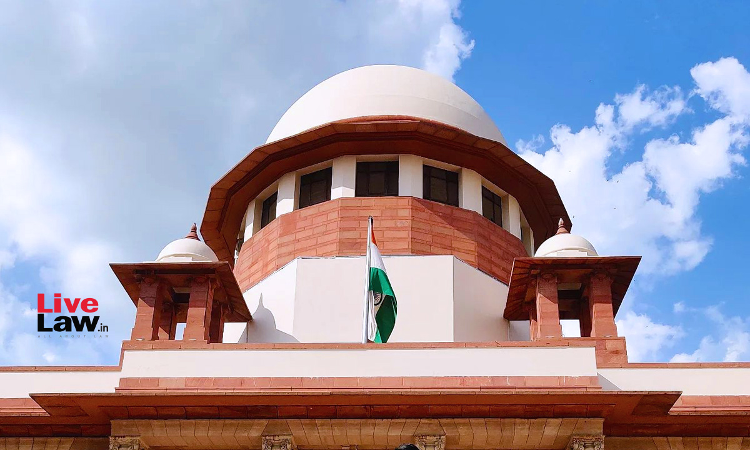Criminal Trial Is Not Complete On Conviction Of Accused, But With Sentencing: Supreme Court
LIVELAW NEWS NETWORK
6 Dec 2022 9:30 AM IST

Next Story
6 Dec 2022 9:30 AM IST
The Supreme Court held that a criminal trial is not complete on the pronouncement of the judgment of conviction of the accused, but with their sentencing.The conclusion of the trial in a criminal prosecution if it ends in conviction, a judgment is considered to be complete in all respects only when the sentence is imposed on the convict, if the convict is not given the benefit of Section 360...
